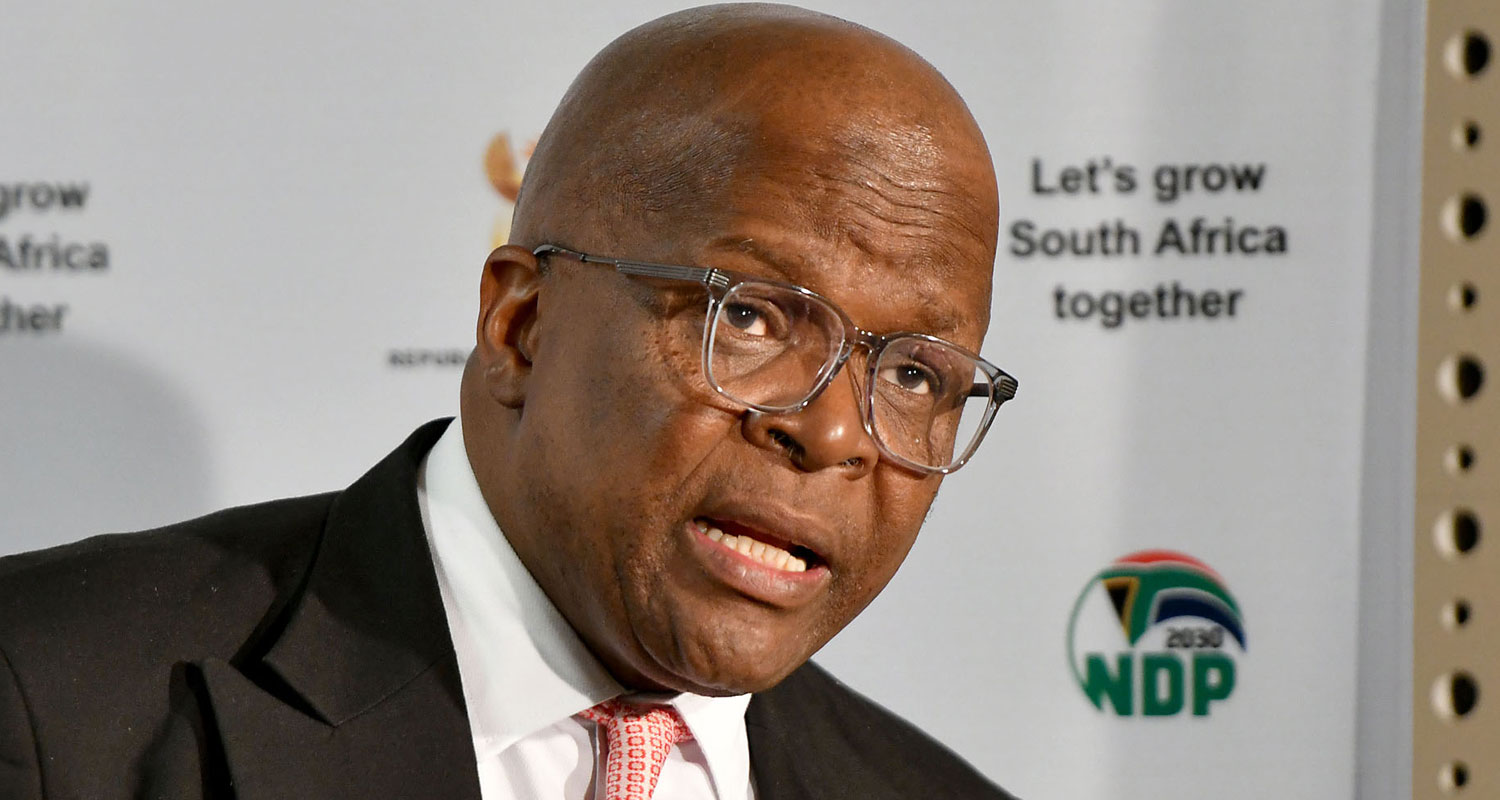
Communications minister Mondli Gungubele has published yet another date for the switch-off of analogue terrestrial television broadcasts after his predecessor, Khumbudzo Ntshavheni, failed to meet at least two deadlines she’d set herself to get the job done.
This one, however, may have a better chance of success after broadcasters, including e.tv, concurred with the new minister’s approach.
Gungubele — appointed to the portfolio in March — published a notice in the Government Gazette on Thursday saying all analogue broadcasters using bands above 694MHz must vacate those frequencies by no later than 31 July. These are the frequency bands allocated to mobile operators during last year’s auction of spectrum by communications regulator Icasa. The operators haven’t been able to utilise the spectrum fully as it is still being used for analogue TV.
Those broadcasters occupying the bands above 694MHz must move to lower frequencies by that date, the minister said. All remaining analogue broadcasting services should temporarily be accommodated in lower frequencies, meaning South Africans still reliant on analogue broadcasts may need to retune their TVs to continue receiving some channels from 1 August. Both the SABC and e.tv will have to change the frequencies of some of their broadcasts, and TechCentral understands both have agreed to do so.
All digital broadcasting services operating above 694MHz must also be returned to operate on frequencies below 694MHz in order to clear broadcasting services from the 694-862Mhz frequency bands, the minister said.
Gungubele then wants all analogue signals switched off – ending a period of “dual illumination” of analogue and digital signals – by no later than 31 December 2024. That gives the broadcasters and the government more time to convert the millions of households still reliant on analogue broadcasts to digital services.
South Africa has missed a long series of deadlines for the digital migration project, which had originally been earmarked for completion in December 2010. It also reneged on a commitment to the International Telecommunication Union, an agency of the United Nations, to complete the project by no later than June 2015.
Government’s new two-pronged approach to analogue switch-off reads remarkably like a proposal that e.tv devised in 2021 to resolve the impasse over freeing up frequencies above 694MHz for wireless broadband.
Ministerial churn
A high turnover of ministers in the communications portfolio is one of the major reasons the project is as far behind schedule as it is.
When Jacob Zuma was president, he chopped and changed communications ministers on an almost annual basis, and appointing people not suited to the portfolio. That instability has continued under President Cyril Ramaphosa, with Gungubele – the latest minister in the portfolio – having been in the job for only three months. – © 2023 NewsCentral Media




